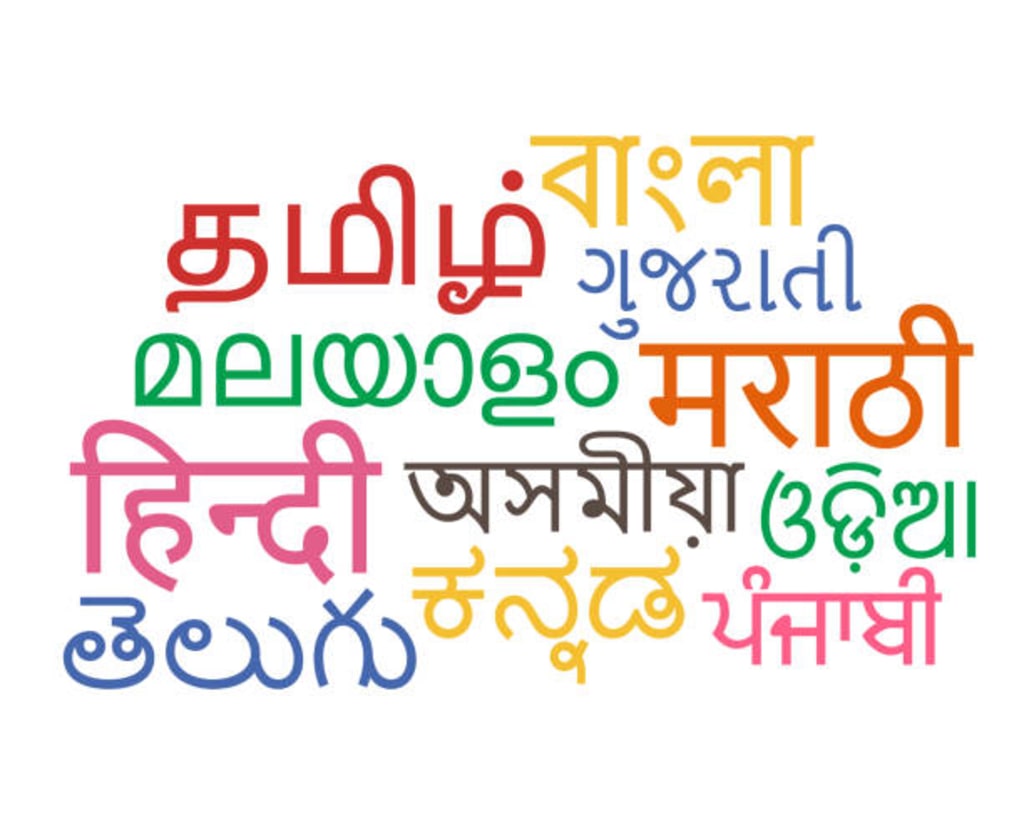Interesting facts about language
Fascinating linguistic facts

Of course! This is a list of fascinating linguistic facts:
1. **Language Diversity:**
Globally, people speak almost 7,000 different languages, demonstrating the astonishing diversity of human communication.
2. **Language Evolution:** Words and expressions alter continuously as languages change throughout time. For instance, the English language has changed dramatically since it first emerged.
3. **Families of Languages:**
Families of languages are frequently created based on shared ancestry. English, for example, is a member of the Germanic language family.
**Script Systems:**
Globally, there are more than a hundred distinct writing systems, ranging from abjads and alphabets to logographic scripts such as Chinese characters.
4. **Number of Words:**
There are currently approximately 170,000 words in the Oxford English Dictionary, although estimates place the total number of words in the English language at over a million, including technical and scientific terms.
5. **Language Peculiarity in Pirahã:**
Language issues over the universality of concepts have been triggered by the lack of set terms for specific numbers in the language of the Pirahã people living in the Amazon.
6. **Thought and Language:**
According to the Sapir-Whorf hypothesis, a language’s structure affects how its speakers understand and interpret the outside world.
7. The Longest Word:
Pneumonoultramicroscopicsilicovolcanoconiosis, the lung condition brought on by breathing in extremely small silica particles, is the longest term in the English language.
9. **Language:**
L. L. Zamenhof invented Esperanto, an artificial international auxiliary language meant to help people who speak different languages communicate with each other.
10. Select Your Language:
Certain African languages have click sounds, such as!Xó̵ and Xhosa. These noises are generated by adjusting the airflow through the mouth.
11. Endangering Languages:
Numerous languages are under threat of extinction; according to some estimates, a language disappears every two weeks.
12. **Sign Languages:** Sign languages are comprehensive, sophisticated languages with unique grammatical structures and syntax, including American Sign Language (ASL).
13. **Whistled Languages:** Whistled languages, such as Silbo Gomero in the Canary Islands, rely on long-distance whistling for communication.
14. **Brain Language Processing:**
Two brain regions related to language processing are Wernicke’s area and Broca’s area, with Wernicke’s area related to language comprehension and Broca’s area to speech production.
15. **Natural Language:**
Animals use a variety of communication techniques, but human language is special because of its complexity and capacity to represent abstract concepts.
16. Languages of the Eskimo-Aleut:**
Although the idea that Eskimo languages have many terms for snow has been disproven, these languages do have extensive vocabulary pertaining to various snow circumstances.
17. *Words that reverse:**
Certain words read the same both forward and backward, such as “level” and “radar,” which are examples of palindromes.
18. Language Documents:
Ziad Fazah, who claims to speak 60 languages fluently, holds the Guinness World Record for the most languages spoken fluently by one individual.
19. **Culture and Language:**
Culture and language are closely entwined, influencing customs, values, and social mores.
20. **Language Processing Technologies:** Chatbots and language models like ChatGPT are examples of Natural Language Processing (NLP) technologies that are revolutionizing how humans communicate with AI and computers.
These details hardly scrape the surface of language’s amazing universe. Language is still an important and vital part of human existence, from its complex structures to its effects on cognition and culture.
About the Creator
Enjoyed the story? Support the Creator.
Subscribe for free to receive all their stories in your feed. You could also pledge your support or give them a one-off tip, letting them know you appreciate their work.





Comments
There are no comments for this story
Be the first to respond and start the conversation.